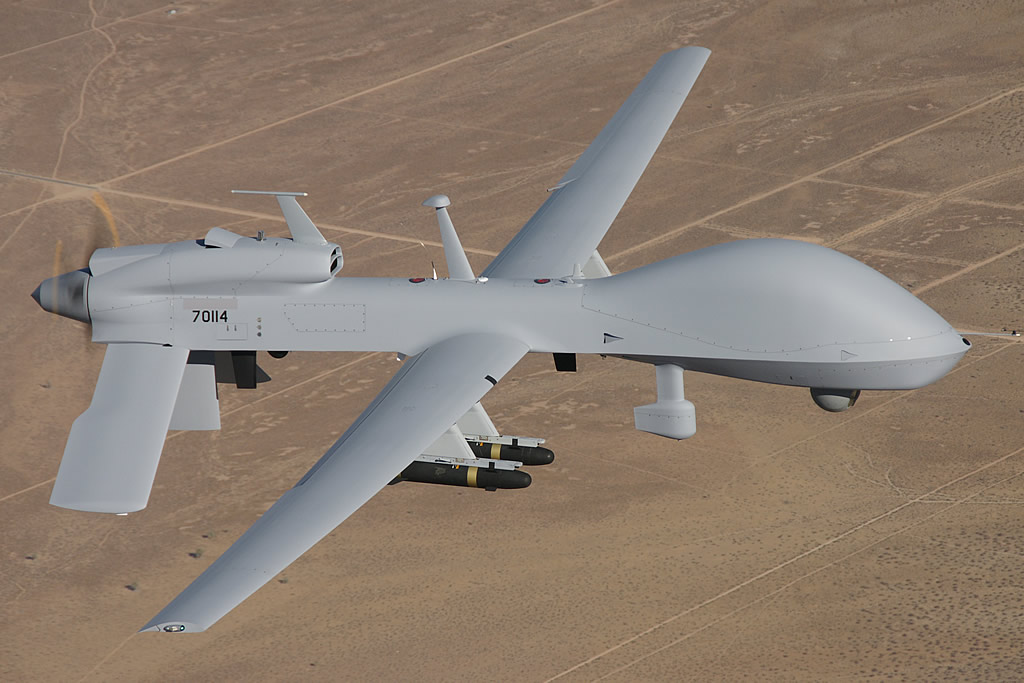In 2009, Japan set up a military facility in Djibouti to combat rising incidents of piracy off Northeast Africa. A decade later, the pirates have been largely defeated, but Tokyo intends to expand its Djibouti base.
When Japan set up a facility in Djibouti in 2009 with docks for warships, an airfield and the other infrastructure that an overseas military base requires to support troops on the ground, it had the very clearly defined task of supporting the international campaign against pirates operating out of Somalia.
In 2011, there were no fewer than 237 incidents involving suspected pirates. Thanks in large part to the international response, that figure fell to zero incidents in 2015 and a mere nine cases were reported in the whole of 2017.
Yet instead of declaring the Self-Defense Forces' (SDF) mission accomplished, closing the Djibouti base and bringing the two Kawasaki P-1 patrol aircraft, a Japan Maritime Self-Defense Force destroyer and at least 180 ground troops back to Japan, Tokyo is expected to include in its new National Defense Program Guidelines plans to upgrade the facility.
The details of the enhanced base have yet to be released, the Asahi newspaper reported, but the original 12-hectare plot alongside the Djibouti-Ambouli International Airport was last year expanded to 15 hectares.
The aim, analysts suggest, is to give Japan more of a say in international security and peacekeeping operations, but also, acting in concert with like-minded nations, serve as a check on China's increasingly expansionist agenda.
Emerging markets
Beijing opened its own military base in Djibouti in 2017 and is pushing its One Belt One Road economic initiative for Asia, the Middle East and into the emerging markets of Africa.
"I see these efforts as not just a question of expanding Japan's presence, but also an attempt to build on the broader, more multilateral quasi-alliances involving the US and Australia, as well as countries such as India that will be acting in their own national interests when it comes to China," said Jun Okumura, a political analyst at the Meiji Institute for Global Affairs.
"This is part of a broader effort among the international community to maintain the balance at a time when there are concerns over changes in the existing security balance in the Asia-Pacific region and now beyond, into the Indian Ocean," he told DW.
Japan learns from allies
The Japanese government has studied how other nations with a more global security presence – notably the US, France and the UK – operate military bases in other parts of the world. Britain, for example, took advantage of the location of its facility in Oman to expand emergency and humanitarian assistance to the people of the Philippines when Typhoon Haiyan struck in November 2013.
"No, Japan does not need a facility in Djibouti, but there are a number of advantages if they do remain there," said Garren Mulloy, an associate professor of international relations at Daito Bunkyo University and an expert on security issues.
"Firstly, if the international force deployed to put a stop to the piracy all left then the problem could very quickly come back again, so there is a need to maintain that deterrent," he told DW.
"But also, Japan's SDF has such a low profile internationally that the only place it is presently operationally engaged abroad is Djibouti and it wants to be seen to be engaged in international operations, which it has been with the anti-piracy campaign," he said.
"And the military and politicians will argue that it is always better to have a base like this and not to have to set one up – at a high cost in terms of price and political capital – when one is needed," he added. "So when any military has a base such as Djibouti, they will try to keep it to serve as a facility for future operations."
Regional hub
The base has proved important in the past, serving as a hub for transportation, logistical supply and medical aid in a time of crisis, such as when terrorists attacked a natural gas plant in Algeria in 2013, killing 10 Japanese nationals. It was also utilized when the SDF had ground forces in South Sudan as a peacekeeping force between 2012 and 2017.
And while the Japanese government has stated that it intends to have one member of the SDF in Djibouti for every 10 Chinese military personnel, Mulloy does not believe that Tokyo's decision to retain a force in the region is the start of a modern-day "Great Game" as the two countries jostle for influence – through fair means or foul – across Africa.
"African nations will be happy at international investment, whether that comes through China's One Belt One Road or Japanese trade missions and government programs. So it will be a civilian competition rather than a military one," he said. - DW




